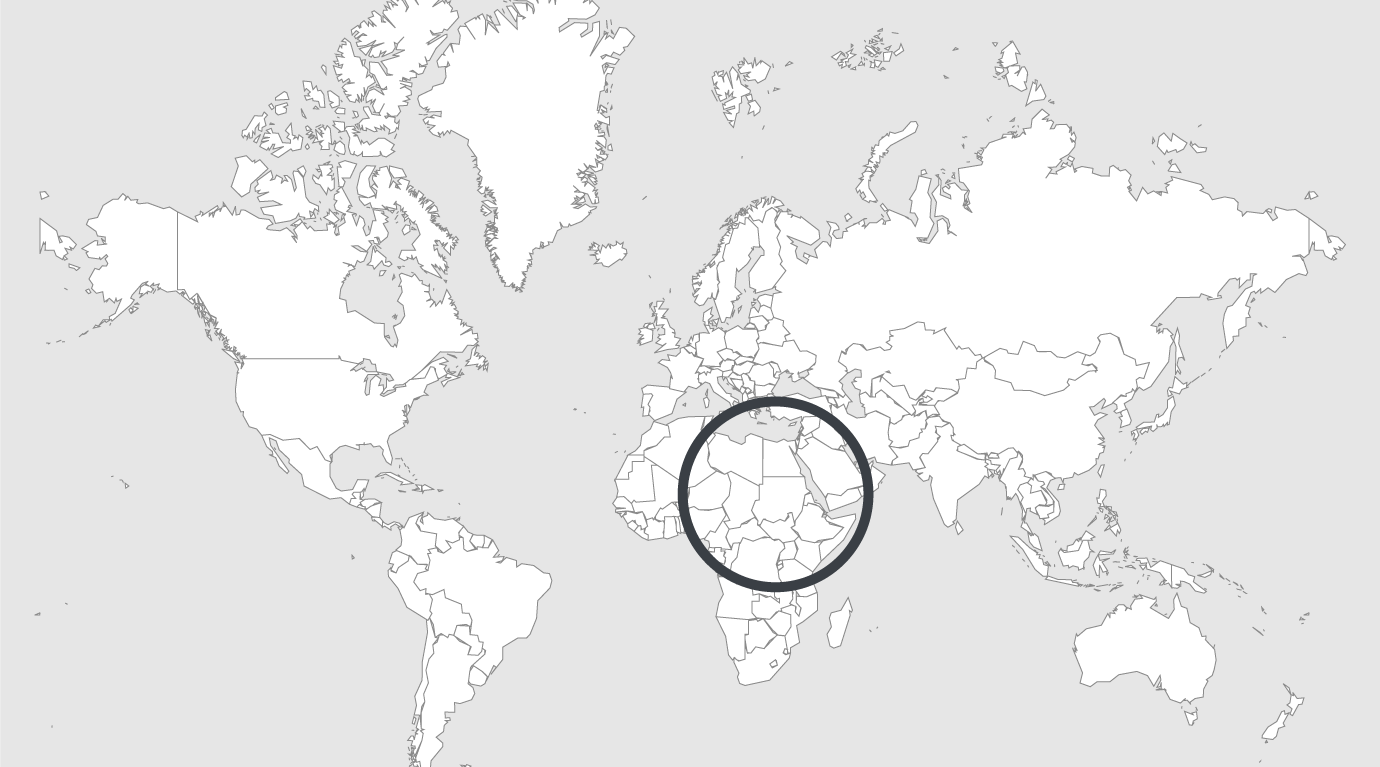
Explore
Kenya: the dehumanisation and exploitation of inmates in state prisons
Kenyan prisons today carry the DNA of their forebears – the colonial prisons and Mau Mau detention camps. They are about brutalising prisoners into submission and, along with the police and military, scaring the rest of society into compliance with the state. They are places of dehumanisation, abandonment and retribution.
And like their colonial parents, they prefer to employ the least educated. (At present, out of a staff complement of 22,000, the Kenya Prison Service only has about 700 graduate officers.) As of 2015, according to the World Prison Population List prepared by the Institute for Criminal Policy Research, Kenya has incarcerated more of its citizens per 100,000 population than any other country in Eastern Africa with the exception of Rwanda and Ethiopia.
Notably, about 50 per cent of Kenya’s 54,000 prisoners are pre-trial detainees or those held in remand as they await trial – people legally considered innocent.
By comparison, the median proportion of pre-trial prisoners in Africa is 40 per cent and nearly 30 per cent globally.
In Eastern Africa, only Uganda and Ethiopia have a higher proportion of pre-trial detainees than Kenya.
As in colonial times, pre-trial detention is driven by two factors – the need to extract resources from the populace and the subjugation of the native through criminalisation of ordinary life.
An audit of pre-trial detention by the National Council on the Administration of Justice found that police generally arrested and charged people for petty offences, with close to half of those arrests occurring over weekends. Most releases from police custody also happened over the weekend with no reason recorded for two-thirds of those releases. Further, only 30 percent of all arrests actually elicited a charge, the vast majority for petty offences. This implies that most police detentions today are something of a catch-and-release programme designed to create opportunities to extract bribes.
However, for those who get incarcerated, matters are somewhat different. The exploitation of prisoners’ labour continues. Like the Mau Mau detainees, they are required to work for a token amount determined by the government, which, unlike its colonial ancestor, does not even pretend that the 30 Kenyan cents per day is meant as a wage, with the Attorney-General declaring in court that “prison labour is an integral component of the sentence”. The courts have held that it is entirely compatible with the protection of fundamental rights for the Prison Service to do this as well as to deny convicts basic supplies such as soap, toothpaste, toothbrushes, and toilet paper.
Apparently, the conditions the convicts are experiencing cannot be called forced labour and servitude because, the strange reasoning goes, “the Constitution and the Prisons Act do not permit forced labour or servitude”.
Like in colonial times, the beneficiaries of this prison industrial complex are the state and those who control it. Remandees and convicts are liable to be put to work cleaning officials’ compounds and there have been persistent rumours of them being compelled to provide free labour for the private benefit of prison officers and other well-connected government officials, as is the case in Uganda.
While in 1930 earnings from convicts’ labour accounted for a fifth of the total cost of the Prisons Department, the official goal today, as declared by the Ministry of Interior, is for the Department to transform into a “financially self-sustaining entity”. To achieve this, President Uhuru Kenyatta has created the Kenya Prisons Enterprise Corporation with the aim of “unlocking the revenue potential of the prisons industry” and to “foster ease of entry into partnership with the private sector”.
This basically entails deeper exploitation of prisoners’ labour. And even though Kenyatta speaks of improving remuneration, it is notable that this is not a free exchange.
Whatever the courts might say, it is clear that the state and its owners feel entitled to the labour of those they have incarcerated, much like their predecessors (the colonial regime and the European settlers) once felt entitled to African labour.
